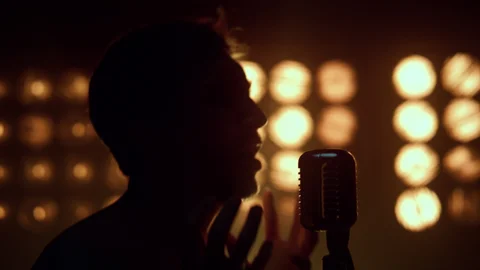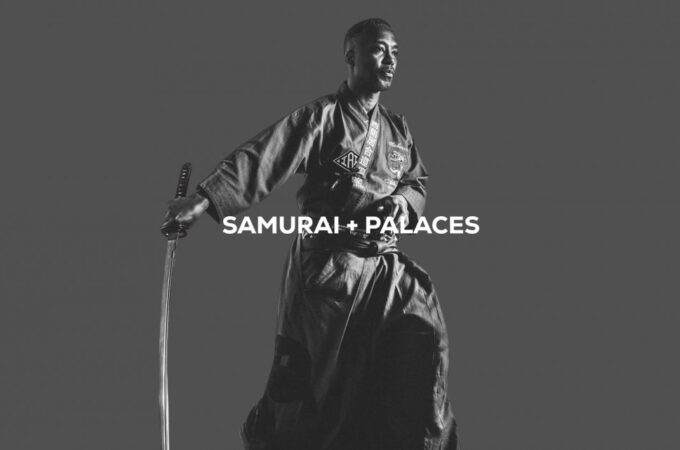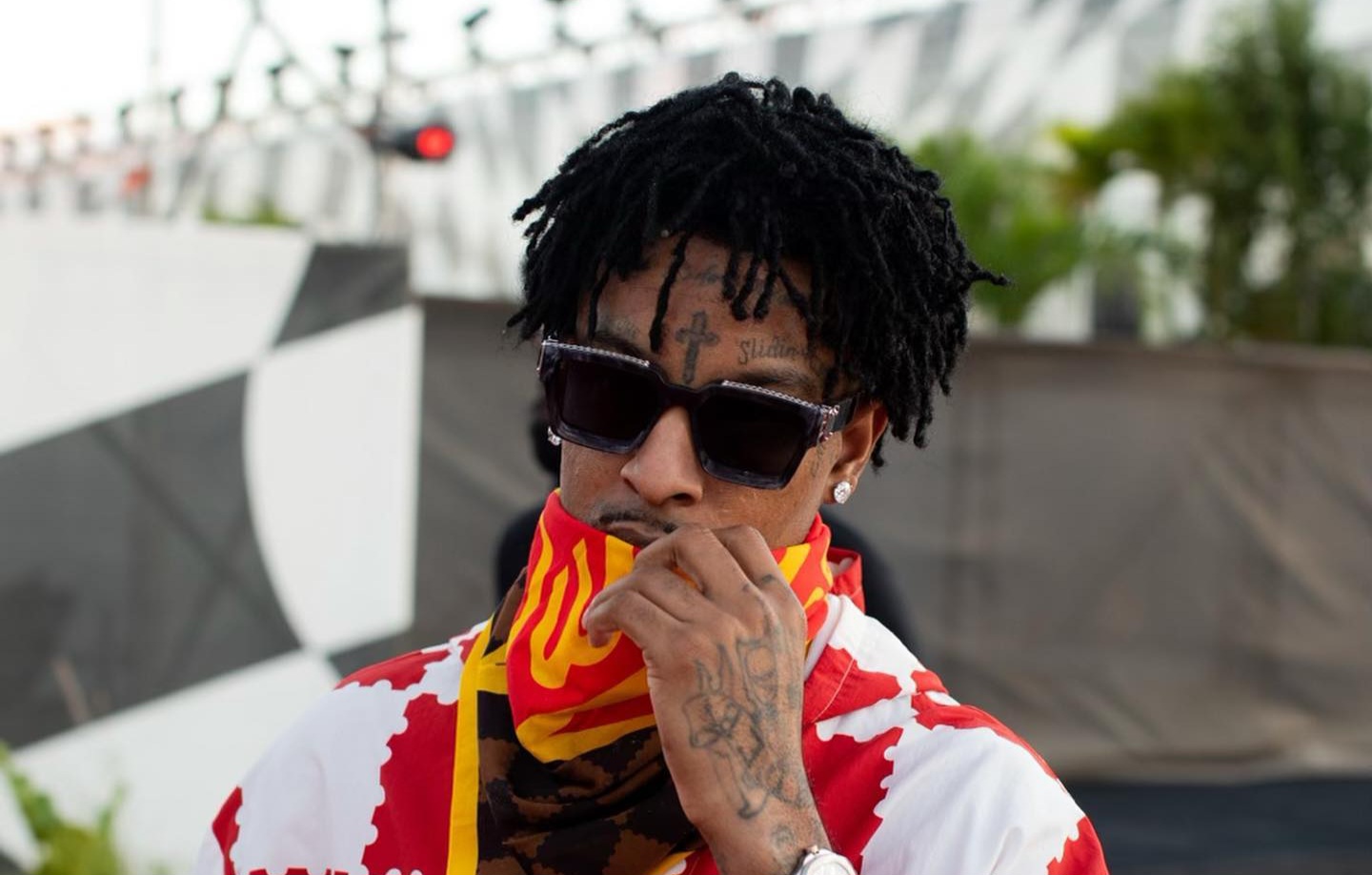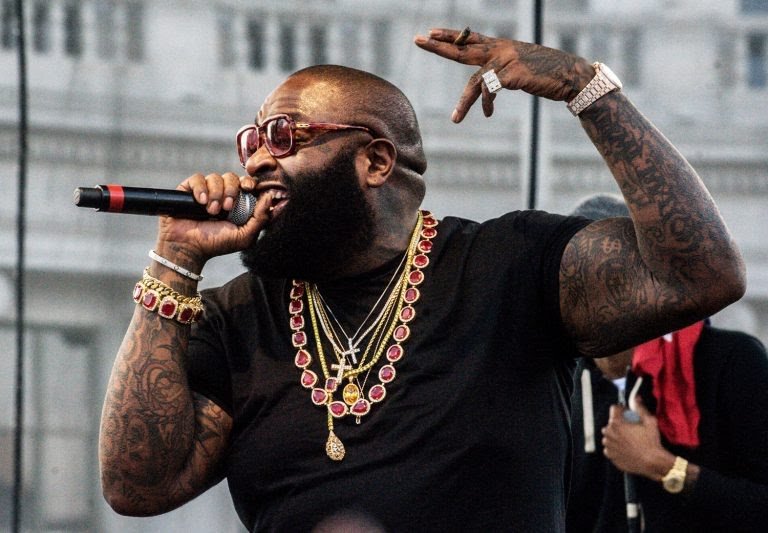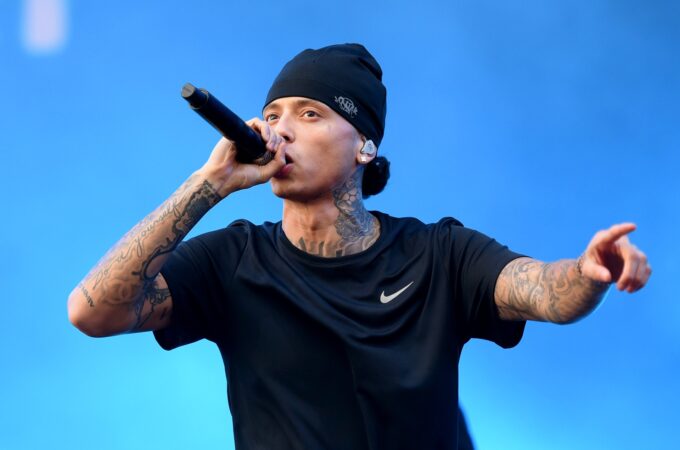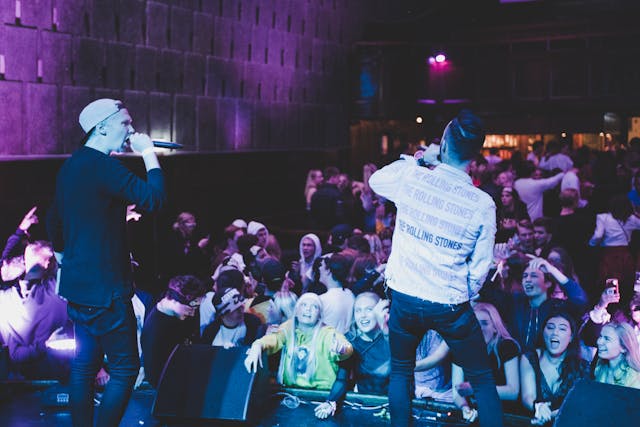
What Does MC Mean in Rap?, Aswehiphop Explains
In the vibrant world of hip-hop, the term “MC” holds a significant place. But what does MC mean in rap?
Often seen as synonymous with rappers, the role of an MC goes beyond just delivering rhymes. Hence, we’ll delve into the origins, evolution, and significance of the MC in the rap industry.
The Origins of the MC
The term “MC” stands for “Master of Ceremonies.” Historically, an MC was responsible for hosting events, introducing performers, and engaging the audience.
However, in the context of hip-hop, the MC emerged as a central figure during live performances, working alongside DJs to energize the crowd and keep the event flowing smoothly.
Back in the early days of hip-hop, particularly during the 1970s block parties in the Bronx, DJs like DJ Kool Herc would play extended breaks of funk and soul records.
To keep the energy high, MCs would hype up the crowd, deliver shout-outs, and keep the party going. This dynamic laid the foundation for the MC’s role in hip-hop culture.
MC vs. Rapper: Understanding the Difference
While all MCs are rappers, not all rappers are MCs. The distinction lies in the skill set and responsibilities.
An MC not only delivers rhymes but also commands the stage, interacts with the audience, and maintains the energy of a live performance.
In contrast, a rapper may focus solely on the lyrical aspect without the additional duties of crowd engagement.
Well, we can say that, the term “MC” emphasizes the performative and interactive aspects of hip-hop, highlighting the artist’s ability to connect with the audience and control the atmosphere of a live event.
The Evolution of the MC Role
Over the years, the role of the MC has evolved. In hip-hop early days, MCs were primarily responsible for hyping up the crowd and introducing DJs.
But ad the genre matured, MCs began to take center stage, crafting intricate lyrics and delivering powerful performances that addressed social issues, personal experiences, and more.
The transition from party hype men to lyrical storytellers marked a significant shift in hip-hop. MCs began to use their platform to comment on societal issues, share personal narratives, and showcase their lyrical prowess.
This evolution solidified the MC’s role as a central figure in hip-hop culture.
Notable MCs in Hip-Hop History
Several artists have exemplified the essence of what it means to be an MC. Melle Mel, for instance, is often credited as one of the first rappers to refer to himself as an MC. His work with Grandmaster Flash and the Furious Five set the stage for future MCs.
Other notable MCs include Rakim, known for his complex rhyme schemes and smooth delivery, KRS-One, who used his platform to educate and inspire, and MC Lyte, one of the first female MCs to gain widespread recognition, breaking barriers and setting new standards in the industry.
These artists not only showcased exceptional lyrical skills but also embodied the true spirit of the MC, using their voices to entertain, inform, and inspire.
The MC’s Role in Modern Hip-Hop
Now, in today’s hip-hop scene, the MC continues to play a vital role. While the lines between rapper and MC have blurred, the essence of commanding the stage and connecting with the audience remains crucial.
Modern MCs like Kendrick Lamar and J. Cole embody this duality, delivering thought-provoking lyrics while captivating audiences with their performances.
Additionally, the rise of digital platforms and social media has expanded the MC’s reach, allowing artists to engage with fans worldwide.
Despite these changes, the core responsibilities of the MC, which is entertaining, engaging, and energizing the audience, remain unchanged.
The Global Influence of the MC
The concept of the MC has transcended borders, influencing hip-hop scenes worldwide. In countries like France, artists like MC Solaar have embraced the role, blending local culture with hip-hop elements.
This global adoption underscores the universal appeal and adaptability of the MC in various cultural contexts.
From the streets of New York to stages across the globe, the MC has become a symbol of expression, resilience, and creativity. The role continues to evolve, reflecting the diverse voices and stories that define hip-hop culture.
So, what does MC mean in rap?
Beyond the literal “Master of Ceremonies,” it represents a multifaceted role that combines lyrical prowess, stage presence, and audience engagement.
As hip-hop continues to evolve, the MC remains a cornerstone of the genre, embodying its spirit and driving its progression.
Understanding the significance of the MC offers deeper insight into the rich tapestry of hip-hop culture, highlighting the artistry, passion, and dedication that define this influential role.

